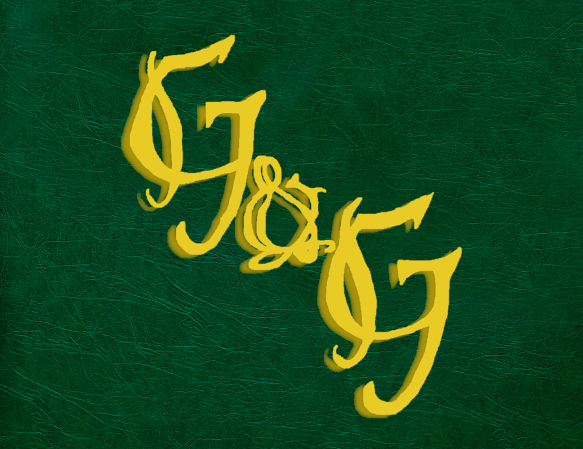Hell Has Its Place (Hell pt 2):
check out part 1 first, Hell Has Its Laws
We talked about how Hell is defined by its laws, because it was founded as an act of rebellion. It is an ongoing act of rebellion, held together with spit and baling wire, only the thin shreds of the agreed upon statutes holding that 'society' together.
But. Hell is defined by law and order on an even deeper level. In this article, we'll talk about Hell's metaphysical placement, its original purpose, and its current purpose.
In most world mythologies, the equivalent to Hell is almost always placed metaphysically below the world. In many cases, it is even metaphysically below the normal Underworld, or land of the dead. For instance, Tarterus, the Greek realm of imprisonement and torment, is usually conceived of as being both within, and below, Hades Underworld realm. It is interesting to note that it is not, primarily, a place of torment for mortals, but for Titans and Demigods, with the only actual mortal mentioned as being specifically held there being Sisyphus, because of his many cunning escapes from the Underworld and tricking Thanatos. We may return to that concept later. Some cosmologies, such as those of these Aztecs or Maztica, did not really have a place of punishment . . . but Mictlan, their underworld, did have Nine levels, used for purification. In Chinese Taoist lore, there are 10, or 18, or 12,800 hells, and they are places of torment, and in the underworld, but they are purgatories . . . places where one atones for and is cleansed of sin and evil so that they may be reincarnated.
So...Hell has its place. But why below the rest of reality? Assuredly, this comes in part from the practice of burying the dead, so that the place of the dead, which influences the location of Hell, is below ground. (The fiery pits of torment that some versions have may stem from the practice of cremation.) But in the context of a fantasy world, why is Hell below the world, metaphysically, metaphorically, maybe even literally?
Part of it is that Hell, however conceived, is often the opposite of Heaven, and humankind has always seen Heaven as being above, with gods looking down from on high. Our very terms celestial, heavenly bodies, etc, all stem from this. Hell is thus the furthest place from the gods, below the realms of mortals as Heaven is above. One of the things that distinguishes a Hell from a more general underworld is that a Hell, like Greek Tarterus, is a prison, and sometimes a place of punishment. Placed far beneath the world, there are more barriers to escape, and the foul things trapped there are kept as far as possible from the purity of the gods.
One of the oddities of infernal realms in games such as Dungeons and Dragons is that because there are many different belief systems represented, there are many varieties of 'Hell', from The Nine Hells, to the Gray Waste, to Carceri, to the bottomless Abyss. There's nothing wrong with this, and obviously, as noted, some real world beliefs had as many or more hells. However, the more hells there are, the less impact any given realm has. Because there are many, none are truly iconic. None evoke the kind of gravitas a singular realm of evil does. So, later in this series, we'll establish a model with a single, more evocative cosmology, a sort of definitive HELL.
As part of this model, though, Hell becomes the lowest level of reality before the Outside, or Unreality, or Khaos (that which predated creation in most mythoi) . . . a fortress, a prison, a place Evil has chosen as its own . . .and the hole leading to the outside is the Pit or the Abyss. Devils end up being gaolers, and defenders of reality from that which lies outside, the most normal of which are the demons. It gets far worse. As such, Hell is a place of Law because it is the first line of defense against Khaos, because it is part of the enforcement arm of the Laws of the universe, and more.
We can consider that to have been its original purpose. A fortified wall, also used to hold criminals, both to protect all of the rest of reality. But like many bastions of law, it has become corrupted. Its guards and judges now want only more power, more authority. They need more power to keep doing their job, after all, and the end is the survival of all, so the end surely justifies the means...which includes corrupting mortals into evil so they can get sent to the Prison, and thus be used as slave soldiers and labor in the protection of the cosmos . . . wait, this is starting to sound like the real world.

